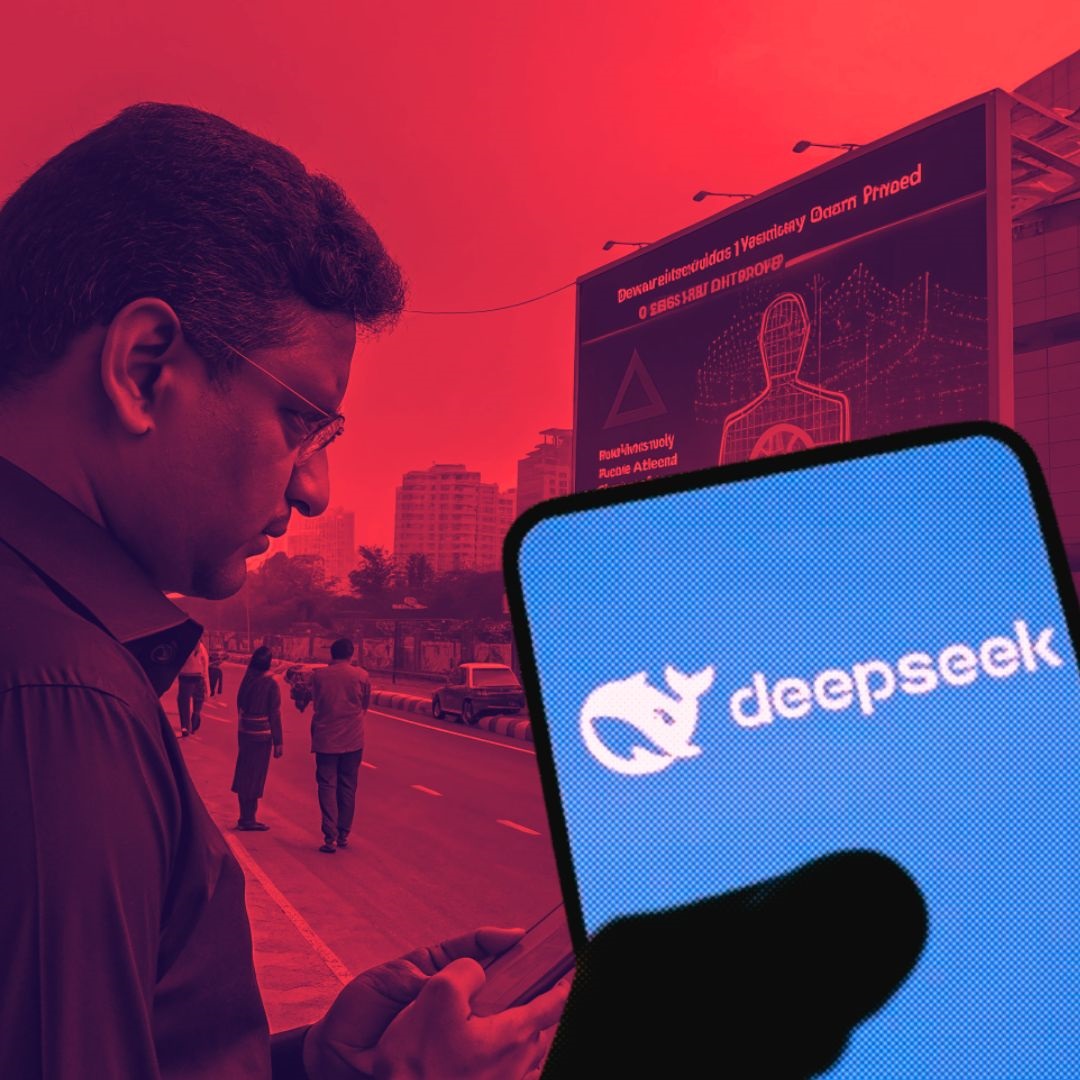South Korea’s National Intelligence Service (NIS) has raised concerns about the Chinese AI application DeepSeek, alleging excessive personal data collection and the use of user inputs to train its AI model. The NIS has issued an official security warning to government agencies, leading some South Korean ministries to block access to the app.
The concerns center around data storage on Chinese servers, potential access by the Chinese government, and inconsistencies in the AI’s responses depending on the language used. Australia and Taiwan have also issued warnings or restrictions regarding DeepSeek.
DeepSeek’s Data Collection Methods Raise Red Flags
The NIS detailed that DeepSeek’s data collection extends to keystroke patterns, potentially enabling individual identification, and communication with Chinese company servers. Unlike other AI services, DeepSeek’s chat logs are transferable, amplifying privacy concerns. DeepSeek has drawn controversy due to inconsistent answers about the origin of kimchi. It identifies kimchi as Korean when prompted in Korean but Chinese when asked in Chinese. Additionally, the NIS has flagged that DeepSeek provides advertisers with unfettered access to user data, raising serious questions about data usage and user consent.
Global Scrutiny and Data Protection Regulations
Data protection authorities in Europe have launched investigations into DeepSeek’s data collection policies to assess compliance with the General Data Protection Regulation (GDPR) regarding the transfer of personal data to China. Italy has already blocked the app amidst these investigations. DeepSeek’s privacy policy reveals the collection of chat histories, search queries, device information, keystroke patterns, IP addresses, and internet activity from other applications, sparking widespread apprehension about the breadth and depth of data harvesting.
The Logical Indian’s Perspective
The DeepSeek controversy underscores the urgent need for robust data privacy protections in our increasingly digital lives. It is paramount that tech companies prioritize transparency in their data collection practices and adhere to the principles of user privacy. Governments must enact and enforce stringent data protection regulations while fostering international cooperation to prevent the misuse and exploitation of personal data. In a world driven by technological progress, how can we ensure that innovation aligns with the preservation of our fundamental rights to privacy and security, fostering a future where technology serves humanity ethically and responsibly?
Additional Information
Recent reports have highlighted that DeepSeek’s iOS application contains significant security flaws, allowing for potential data interception and unauthorized access to user credentials. Experts recommend that users uninstall the app from their devices to mitigate these risks.
Furthermore, security researchers have discovered that DeepSeek’s website contains code that could transmit user data to China Mobile, a state-owned telecommunications company, raising additional privacy concerns.
Indian Context
In India, the government is closely monitoring DeepSeek for potential data privacy risks, particularly concerning data flow and storage in China. The Indian government has been closely monitoring the surge of DeepSeek’s artificial intelligence model to the top of the app store charts amid concerns regarding data safety and sovereignty of citizens, particularly since the company is based in China.
Additionally, the Indian government has announced plans to host DeepSeek on Indian servers to address data security and privacy concerns. IT Minister Ashwini Vaishnaw asserted that every app or system, which needs to be tested on security parameters will be tested, and decisions will be taken.
Given these developments, it is crucial for Indian users to remain vigilant about the applications they use and to stay informed about potential data privacy issues associated with foreign AI applications.










